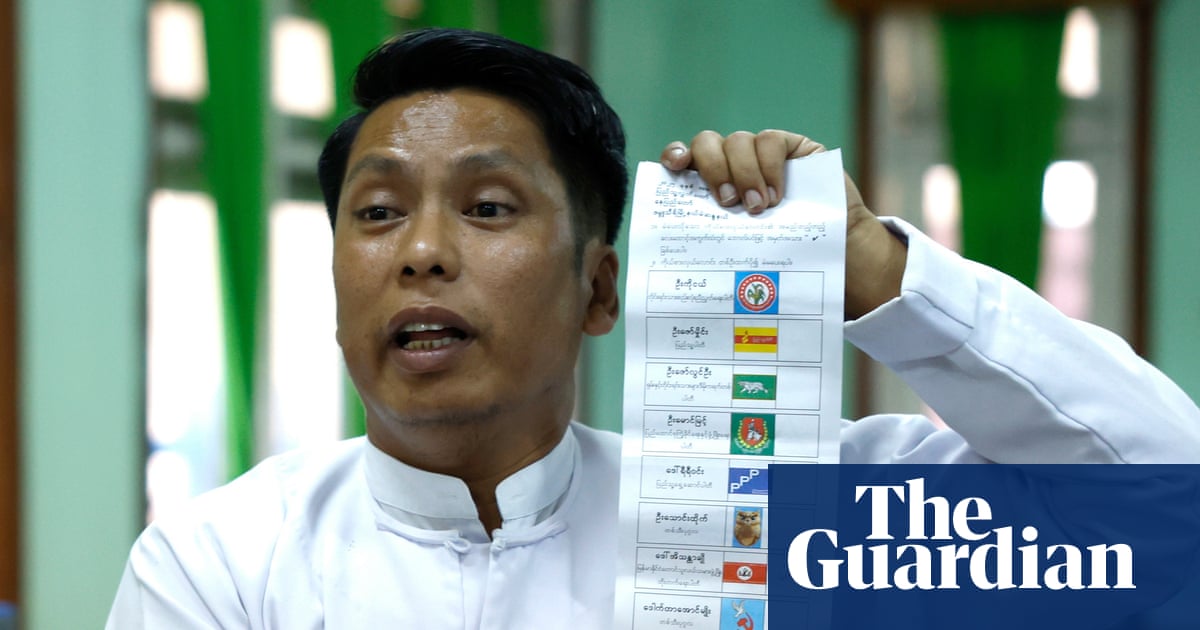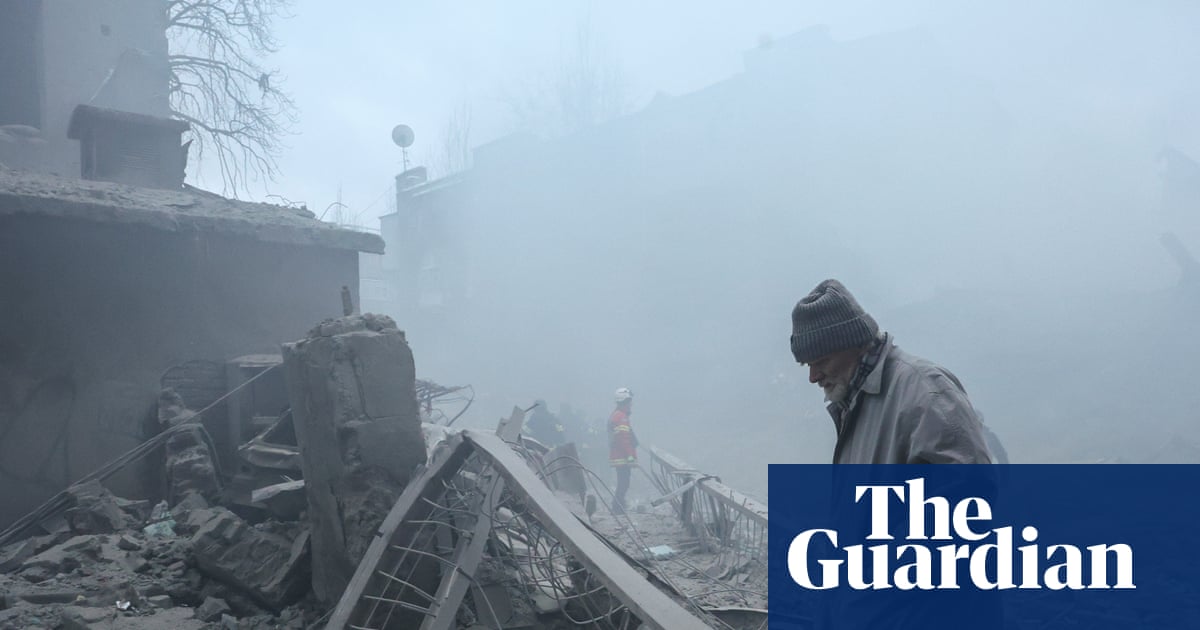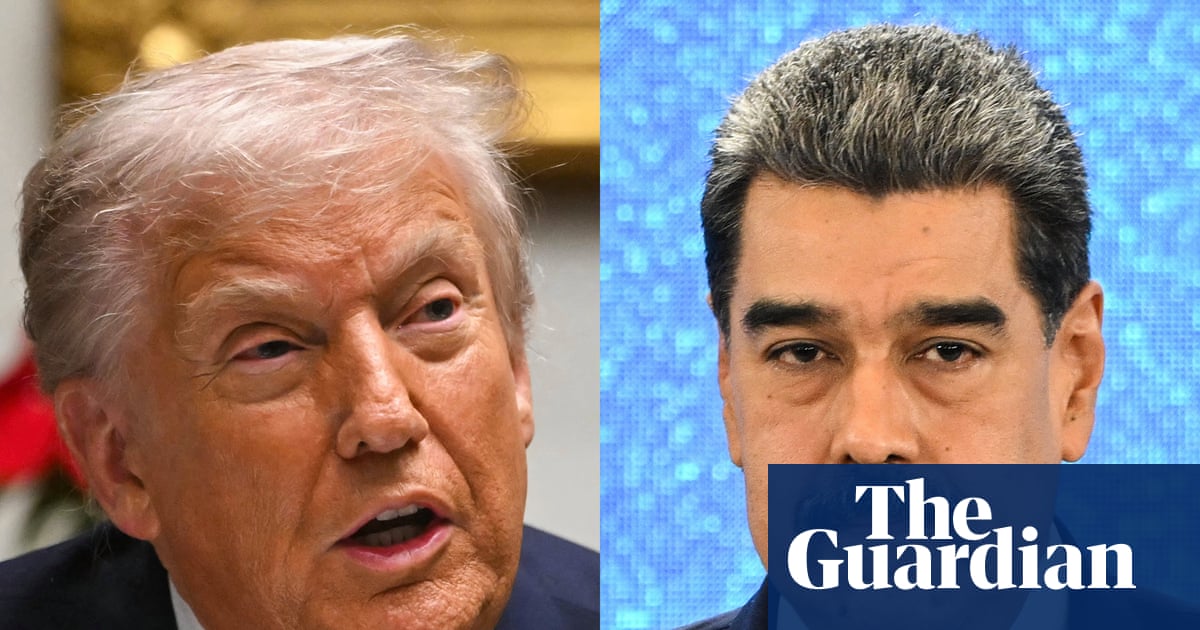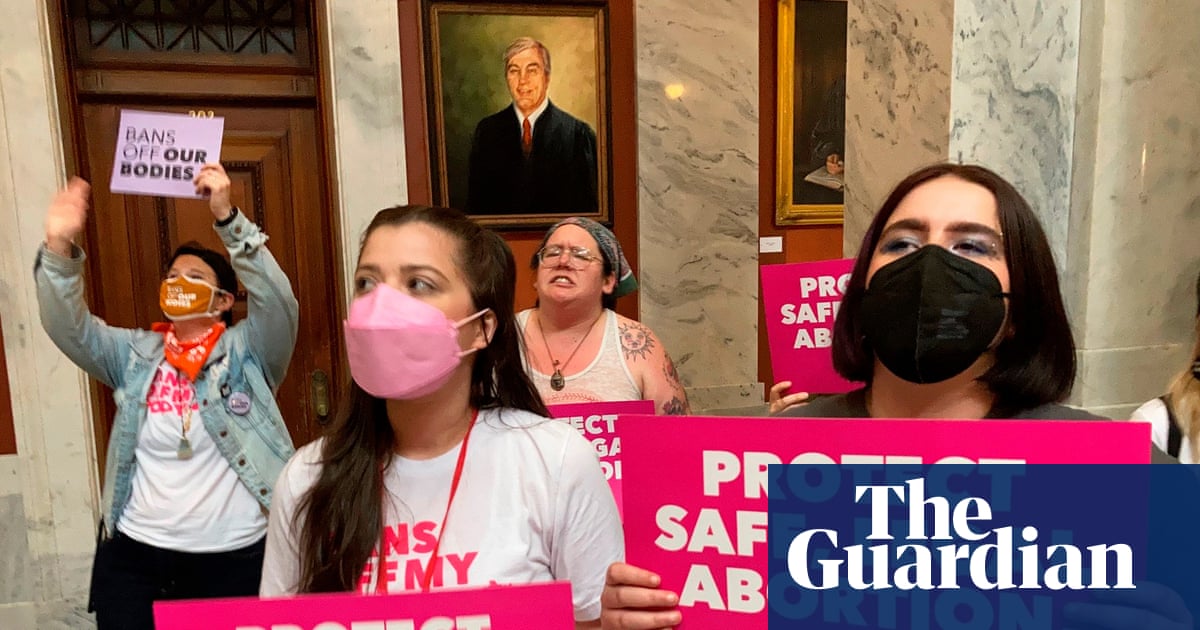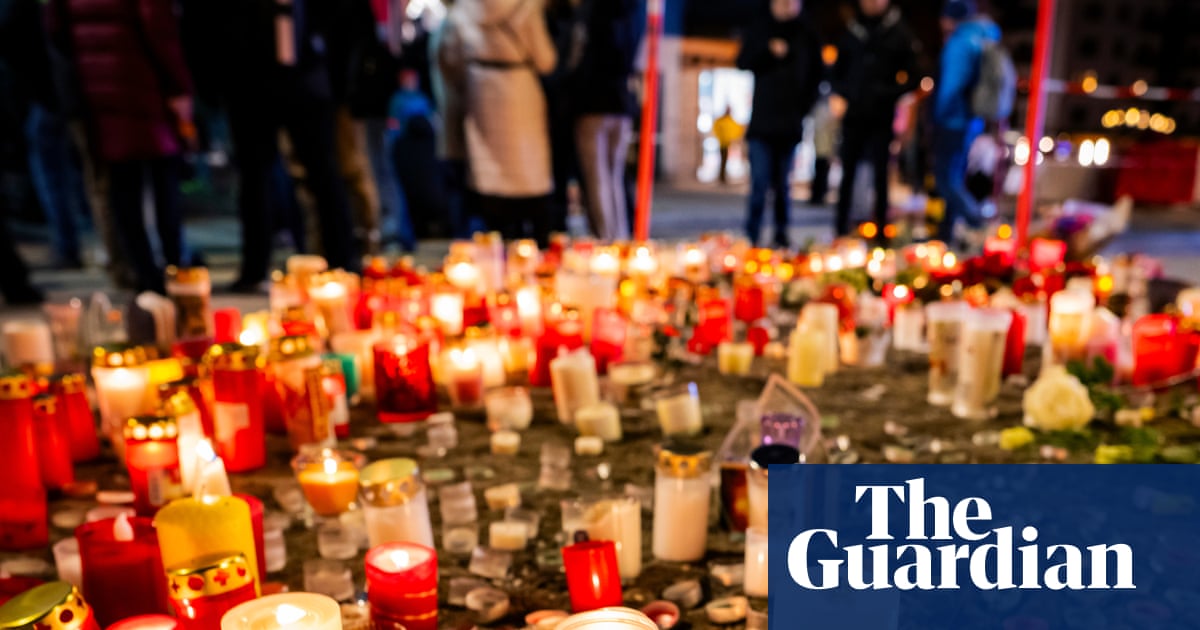Spain has become the latest country to confirm it will not take part in next year’s Eurovision song contest if Israel participates, with the head of its state broadcaster saying “the genocide currently taking place make[s] it impossible for us to look the other way”.
The majority decision by RTVE board members makes Spain the first of the “big five” Eurovision countries that contribute the most money to the event to take such action in response to Israel’s offensive in Gaza.
Similar decisions over Eurovision have already been made by Slovenia, Ireland and the Netherlands. The RTVE vote was held on Tuesday, the same day as a UN commission of inquiry concluded that Israel was committing genocide in Gaza.
Explaining the decision, RTVE’s president, José Pablo López, said the broadcasters that comprise the European Broadcasting Union (EBU), which runs the contest, could no longer remain silent about Israel’s actions in Gaza.
“As joint organisers of the Eurovision song contest, we share a collective responsibility,” he said. “While Israel has regularly participated in the competition, the current events and the genocide currently taking place make it impossible for us to look the other way.”
López added: “It is not accurate to claim that Eurovision is merely an apolitical music festival. We are all aware that the contest carries significant political implications. The Israeli government is equally aware of this fact and leverages the event on the international stage.”
Israel denies it is committing genocide in Gaza. Its ambassador to the UN in Geneva, Daniel Meron, said Tuesday’s report by the UN commission of inquiry was “scandalous” and “fake”.
The EBU opened a consultation process in July with the 37 broadcasters who took part in Eurovision last year after a meeting was convened, hosted by the BBC in London, to discuss the differences of opinion on Israel’s participation in 2026. Alongside Spain, the other “big five” Eurovision countries are the UK, France, Germany and Italy.
Normally, broadcasters have to let the EBU know by October whether they will participate or not, but this year the deadline has been extended until December, allowing for late decisions not to take part.
López said RTVE hoped that what he called its “visible, meaningful stand” would be heeded by other EBU members and that a decision on Israel’s participation in next year’s contest would be reached soon for the sake of the long-running competition.
“Our hope is that a decision can be reached well before December, as the EBU must be aware of the serious damage being done to the Eurovision song contest, which will mark its 70th anniversary in 2026,” he said.
“Therefore, we hope this decision will be made earlier and that the EBU won’t be subjected to the stress of a last-minute vote in London in December. We believe that, for the good of the festival and the values it has championed since its inception, this matter must be resolved before the scheduled assembly.”
The next Eurovision song contest will take place in Vienna in May. Eurovision is one of the world’s biggest TV events, with more than 160 million viewers this year.
Russia was banned from the contest after its invasion of Ukraine in 2022 but Israel has continued to compete over the past two years despite growing international concerns over its actions in Gaza.
Slovenia’s public broadcaster, RTV, was the first to announce it would not participate, followed by RTÉ in Ireland and Avrotros in the Netherlands last week.
after newsletter promotion
Avrotros said: “The broadcaster also expresses deep concern about the serious erosion of press freedom: the deliberate exclusion of independent international reporting and the many casualties among journalists,” echoing a statement the day before by RTÉ that it would be “unconscionable” to take part in the present circumstances.
Iceland’s public service broadcaster, RÚV, said it was considering its position and “reserved the right to withdraw”.
Several Nordic countries have begun the song selection process with entertainment shows that are a major part of the TV calendar, but are also keeping the door open to a withdrawal.
Johanna Törn-Mangs, the director of culture and factual content at the Finnish public broadcaster, Yle, said: “The humanitarian situation in Gaza is tragic, and we sincerely hope for an end to the suffering as soon as possible. Israel’s participation in Eurovision has been a significant topic of discussion in Finland and we have been consistently informing the EBU about the conversations happening here.
“The EBU is therefore well aware of the public discussion in Finland. At Yle, we have received – and continue to receive – weekly feedback on this issue, both supporting and opposing Israel’s continued participation in the Eurovision song contest.”
RTL in Luxembourg, whose main shareholder is the German media group Bertelsmann, told the Guardian it would be taking part next year as the contest’s code of conduct stresses that Eurovision “is a non-political, international entertainment event”. ARD in Germany said it was participating in the consultation process launched by the EBU.
Martin Green, the director of the song contest, said: “We understand the concerns and deeply held views around the ongoing conflict in the Middle East. We are still consulting with all EBU members to gather views on how we manage participation and geopolitical tensions around the Eurovision song contest … It is up to each member to decide if they want to take part in the contest and we would respect any decision broadcasters make.”
Israel’s national public service broadcaster, Kan, which has been threatened with privatisation by Benjamin Netanyahu amid accusations it is too leftist, has already decided it wants to take part.

 3 months ago
98
3 months ago
98
